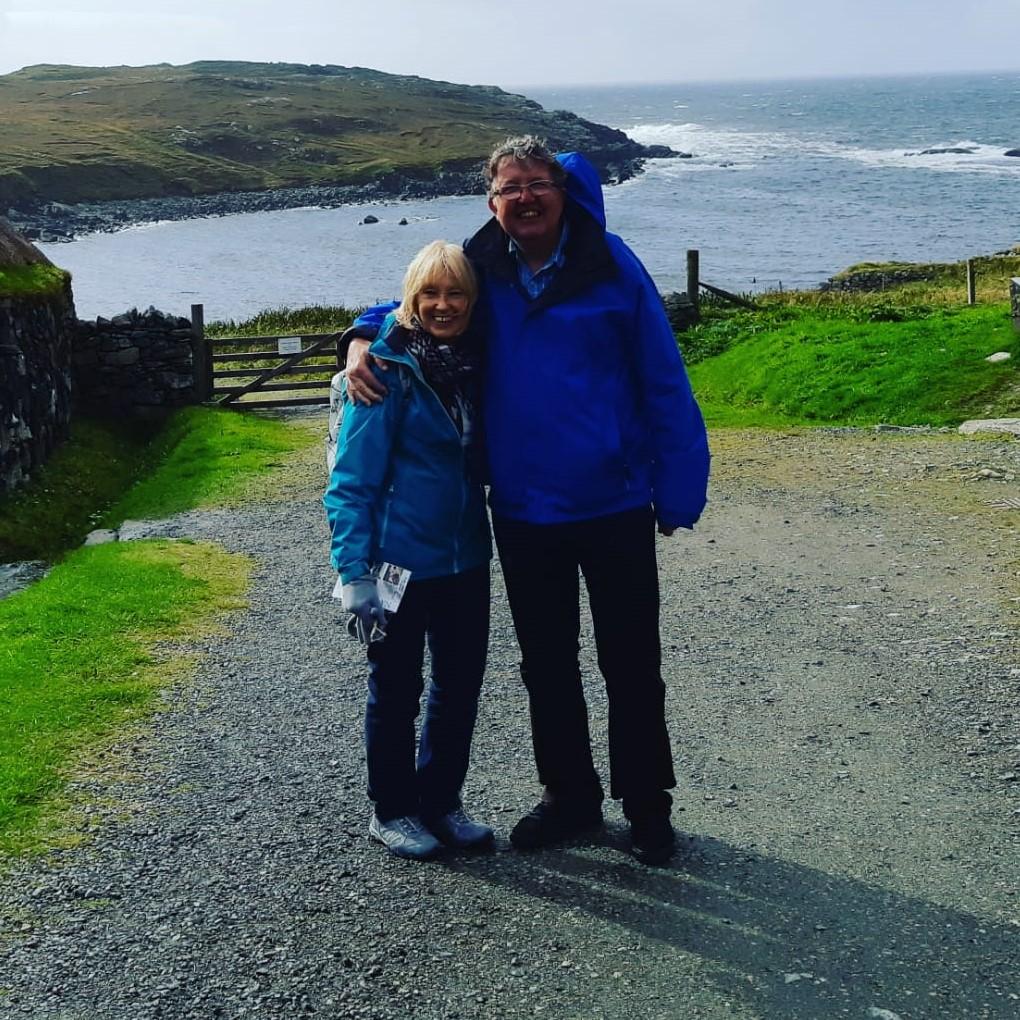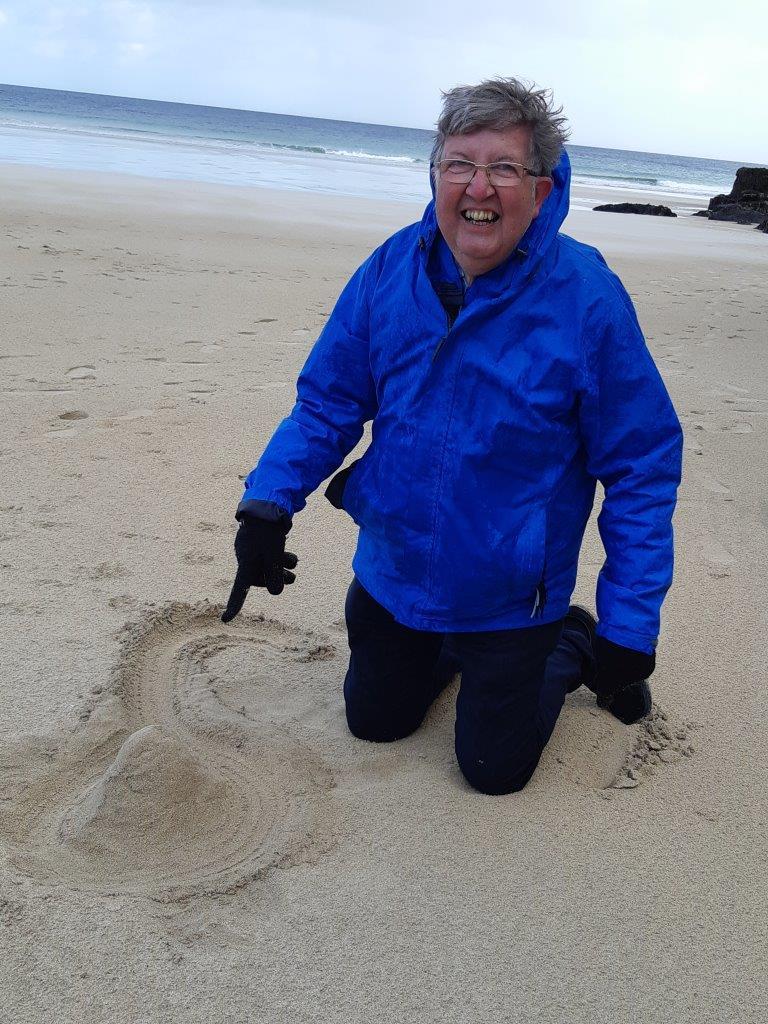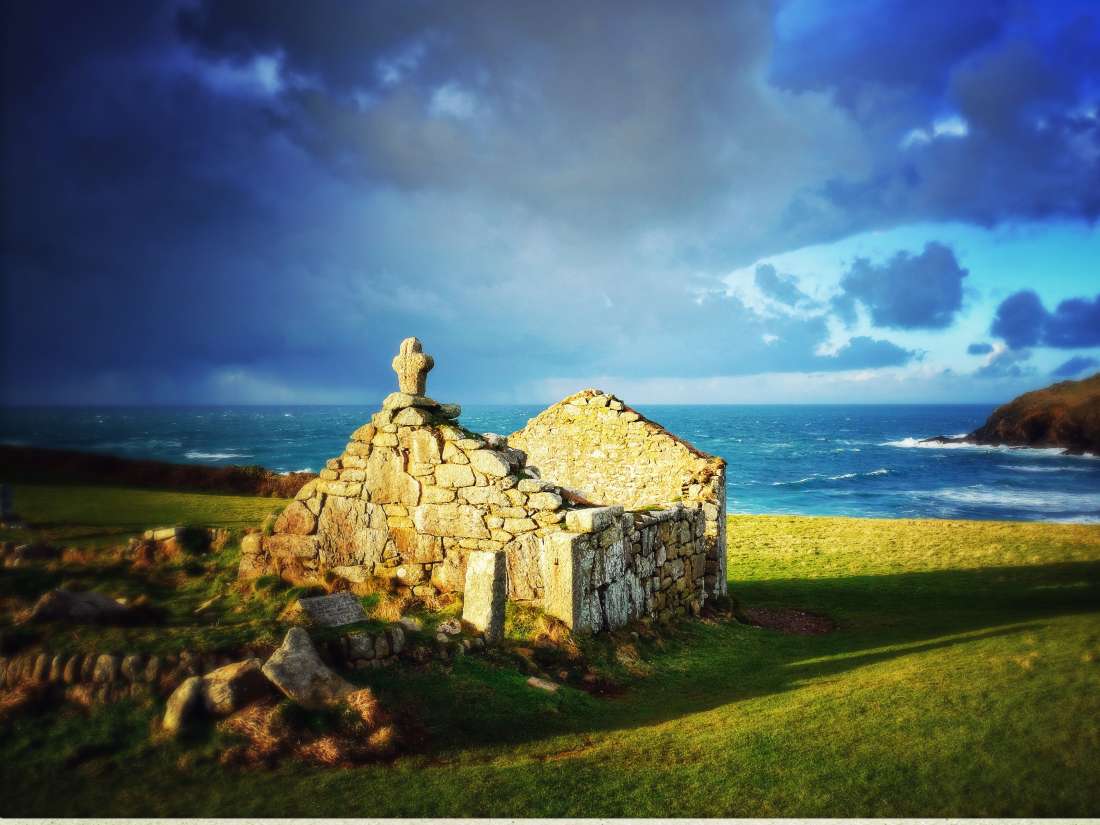
I have what they call stage 4 cancer.
I’ve had a career of 50 years in railway engineering, almost all of this time being in bridge repair, refurbishment, replacement, or new build. I’ve thoroughly enjoyed the work — something new every day — especially working with a great group of people.
I’ve enjoyed good health over the years, bar breaking my arm falling off a shelf when I was very small. What was I doing on a shelf, you may ask!
I had a mild heart attack a few years ago, but I’ve had very little else to do with health or hospitals in between.
In the autumn and winter months of 2018, I was struggling with a persistent cough. Nothing was showing on a chest X-ray, so I received a referral to a respiratory consultant for a CT scan.
Then, on January 17, 2019, the consultant informed me that the CT scan showed I had cancer in the bowel, liver, and lungs. I told my family, and, a week later, we saw an oncology consultant who explained that the cancer was essentially incurable.
The consultant said that, without intervention, I might have a remaining life span of between 6 and 12 months. Surgery was not an option, and chemotherapy may only prolong life by a year or so.
I have what they call Stage 4 cancer.
Together with my family, I elected to start chemotherapy immediately. Eight months on, I have had two rounds of six sessions of chemotherapy.
CT scans at the beginning and after each chemo session have shown no detectable growth in cancer. I am now into a third round of chemotherapy.
There are some modest, negative side effects. Essentially, though, I feel quite well and energized, mentally and emotionally. And, I have modest physical energy, although I’m not going to climb a mountain any time soon!
But I still have Stage 4 cancer and a prognosis of near death.
I want to say a little about how this has affected me over the past 8 months. Everyone has some contact with this subject; someone in your family, a work colleague, a neighbor.
Can we make sense of this difficult subject?
These are my personal reflections. My wife and children also have their own journeys to make, shared, but different.
Cancer used to be covered over in society; even the word wasn’t spoken. When my wife’s father died of cancer while she was in her teens, she didn’t know — and her mother didn’t know — what the problem was. No one told them.
It is still a chilling word for the following reasons:
- It is typically painful and discouraging to live with untreated cancer.
- It is typically painful and discouraging to live with treated cancer.
- It typically leads directly to death.
So, it is hard to speak about, and I’m sure many who read this will have troubling memories.
Coping with life
Everyone’s situation is unique, and people will react in different ways.
From a very limited set of conversations, the following seem to be key factors for those with a cancer diagnosis:
- Personality: Optimism or a tendency to melancholy — we’re all different.
- Support network: Family, friends, work colleagues, medical team, and, in my case, church are hugely important.
- Company: Spending a lot of time by yourself can be very debilitating.
- Work and family commitments: These can add pressure, but, conversely, provide cause for keeping mind-active.
- Short term goals and motivations: These are beneficial for avoiding purposeless days.
- Looking out for others: We function best when our focus is on others.
- Prognosis: While there are many encouraging stories of survival, you can’t evade an oncologist’s honest assessment.
I’ve been very blessed when considering my experience against that list, which makes me reluctant to say much about ‘coping with life’ to those who are struggling.
But one thing that I — or anyone for that matter — can do is be a sensitive listener because everyone with cancer has a need to express themselves and be heard.
It happens that I have near neighbors with cancer diagnoses, and I try to reach out to them.
I have a cocktail of tablets to take morning and evening for both a heart condition and cancer, and I don’t always remember! And, I’ve always found sparing use of paracetamol to be helpful for pain relief, but that’s just me.
I know that daily exercise matters, and I try to have a 20-minute walk each day, whether I have a practical reason for it or not. Routines are helpful.
Coping with death
Cancer often leads to death, and, while people die of many things, the equation with cancer is very stark. And death is where we are all heading.
This is also where we all struggle, as we find it impossibly difficult to be quiet and calm in the face of this inevitability. Many great minds have bleakly tussled with this:
“He who pretends to look upon death without fear lies.”
Jean Jacques Rousseau
“100 per cent of us die, and the percentage cannot be increased.”
C.S. Lewis
“Death is the most terrible of all things, for it is the end, and nothing is thought to be either good or bad for the dead.”
Aristotle
Having cancer and having cancer treatment can be a vivid, daily reminder of our mortality.
Seeking to get as much out of life as you possibly can is one way of facing this:
- “Eat drink and be merry, for tomorrow we die” is a very old but still used approach.
- Others are fiercely productive, fulfilling bucket lists of what they want to do while they can.
- Some try to leave lasting memories for their families — words and gifts for them to open on future birthdays and other anniversaries.
Alternatively, the hospice movement seeks to bring calm instead of frenetic activity before the inevitable.

We’re all different, but I don’t believe that death is the end.
I understand that; death is no friend. It’s frightening in its apparent bleakness, darkness, and loneliness. Why would we want to look at it if we could push it to the margins and ignore it? But, it is surely worthy of deliberate thought.
Some people with terminal cancer try to think about dying. They write blogs to try to make sense of what they are facing.
Is this the end for me? Does everything stop now? Is the life that I’ve lived of any significance? These are hard thoughts.
We’re all different, but, personally, I don’t believe that death is the end.
Many can testify to a sense of ‘eternity’ hard-wired into us, and my Christian faith, as taught in the Bible and expressed in the person of Jesus Christ, has helped me through this tough period.
He has been on the path to death that I might need to be treading soon but emerged from that into a new life.
This has been the surest and most constant help for me in these challenging days.
